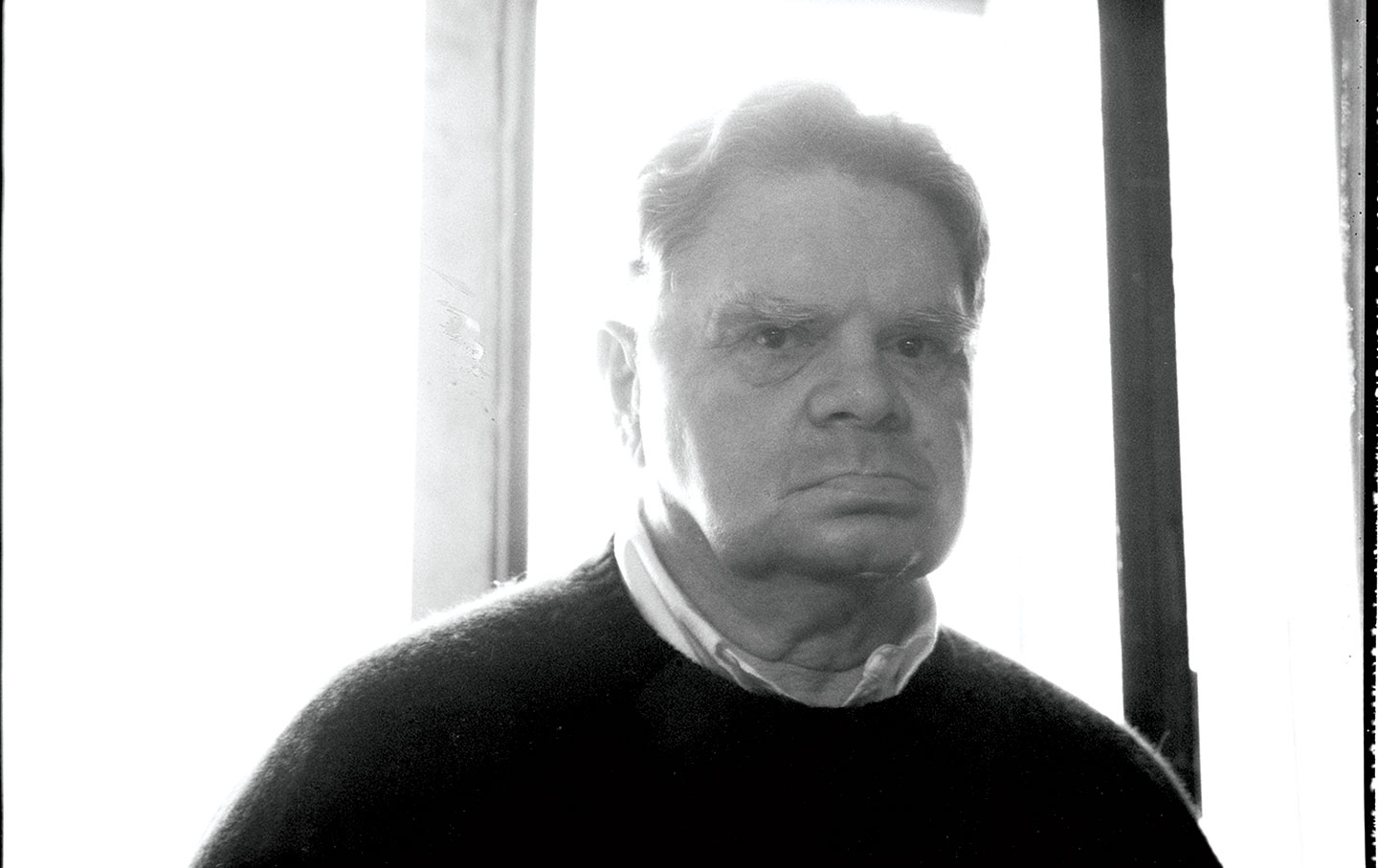
"On the last day of February in 1954, James Schuyler looked out his window and wrote a poem. He was living with his friend Frank O'Hara, and from their tenement apartment on East 49th Street they had a view of the United Nations headquarters, constructed only a few years earlier."
"Merely to say, to see and say, things / as they are: This was how Schuyler defined his aspiration as a poet."
"Schuyler's subjects, like Porter's, were unspectacular-nature, the weather, the quiddities and comforts of domestic life-and his poems, like Porter's paintings, elegant yet effortless."
"Reading Schuyler, you get the sense of an attentive mind and a deep appreciation for life's everyday details."
James Schuyler articulated his poetic aspiration as a commitment to perceiving and expressing reality as it is. His work often reflects a deep appreciation for the mundane, focusing on ordinary aspects of life such as nature and domestic comforts. Schuyler's poetry is characterized by its elegant yet effortless quality, paralleling the artistry of painter Fairfield Porter, who shared a similar reverence for the quotidian. Through vivid imagery and detailed observation, Schuyler invites readers to recognize the inherent beauty in everyday scenes, inspiring an awareness of the simple, often overlooked details of life.
Read at The Nation
Unable to calculate read time
Collection
[
|
...
]